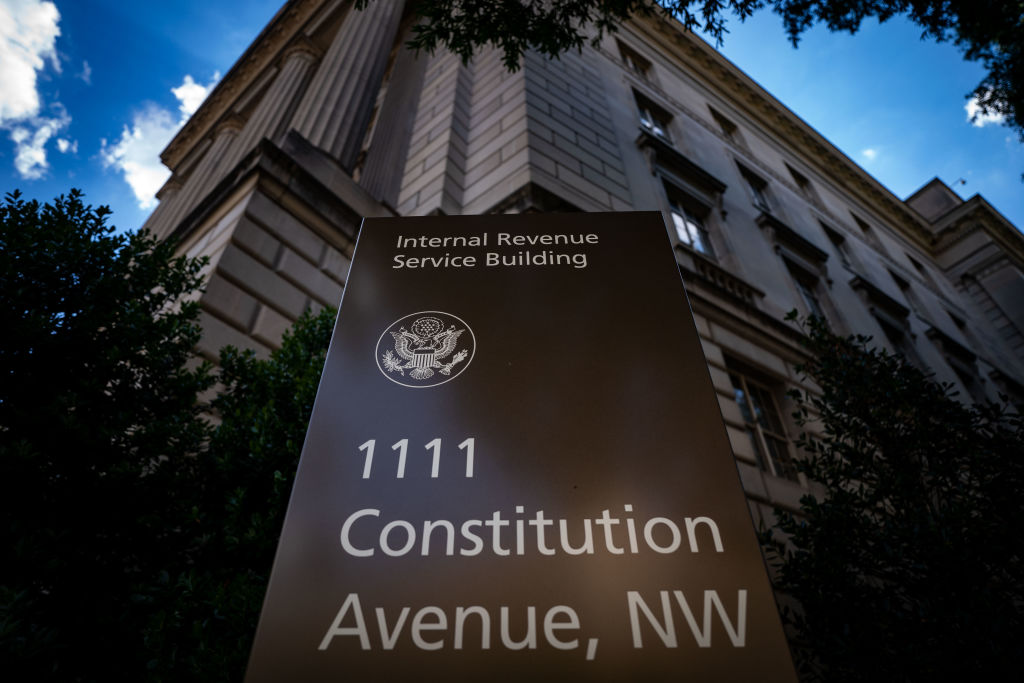The IRS has announced a new plan to crack down on tax preparers with “questionable practices” following Congress’ approval of significant funding for the agency a year ago via the Inflation Reduction Act.
READ: IRS to Use AI for ‘Sweeping’ Tax Enforcement
The decision comes amidst increased focus on a popular small business tax credit. IRS Commissioner Danny Werfel stated the agency would dedicate more resources to dealing with “unscrupulous” preparers who cause their clients to underreport income or overclaim credits and deductions.
This move is seen as necessary by tax experts, who note that such preparers create problems for filers who may later face an IRS audit or future tax liability. They also complicate matters for ethical tax preparers who get pushback from clients for adhering to the rules.
READ: Report: Heavily Armed IRS Agents Storm Florida Business, Stunning Witnesses
The IRS’s plan is part of its increased focus on employee retention credit claims, a pandemic-era tax break aimed at supporting small businesses that maintained their payroll during shutdowns or revenue declines in 2020 and 2021.
However, the IRS recently decided to halt processing for the employee retention credit due to a “surge of questionable claims,” which will continue until at least the end of 2023.
READ: Armed IRS Agents Perform ‘Soviet Style’ Raid on Montana Gun Shop
Simultaneously, the IRS is shifting its enforcement focus towards higher earners, targeting unpaid taxes from these individuals, partnerships, and large corporations. This involves plans to “substantially” reduce correspondence audits for certain credits, including the earned income tax credit claimed by low- to moderate-income filers, which has been prone to mistakes due to complex eligibility requirements.
The IRS’s research suggests that “bad actors” may disproportionately file tax returns for “vulnerable filers,” such as lower earners, filers of color, or those with limited English proficiency. The IRS confirmed findings that black Americans are significantly more likely to face an audit.













